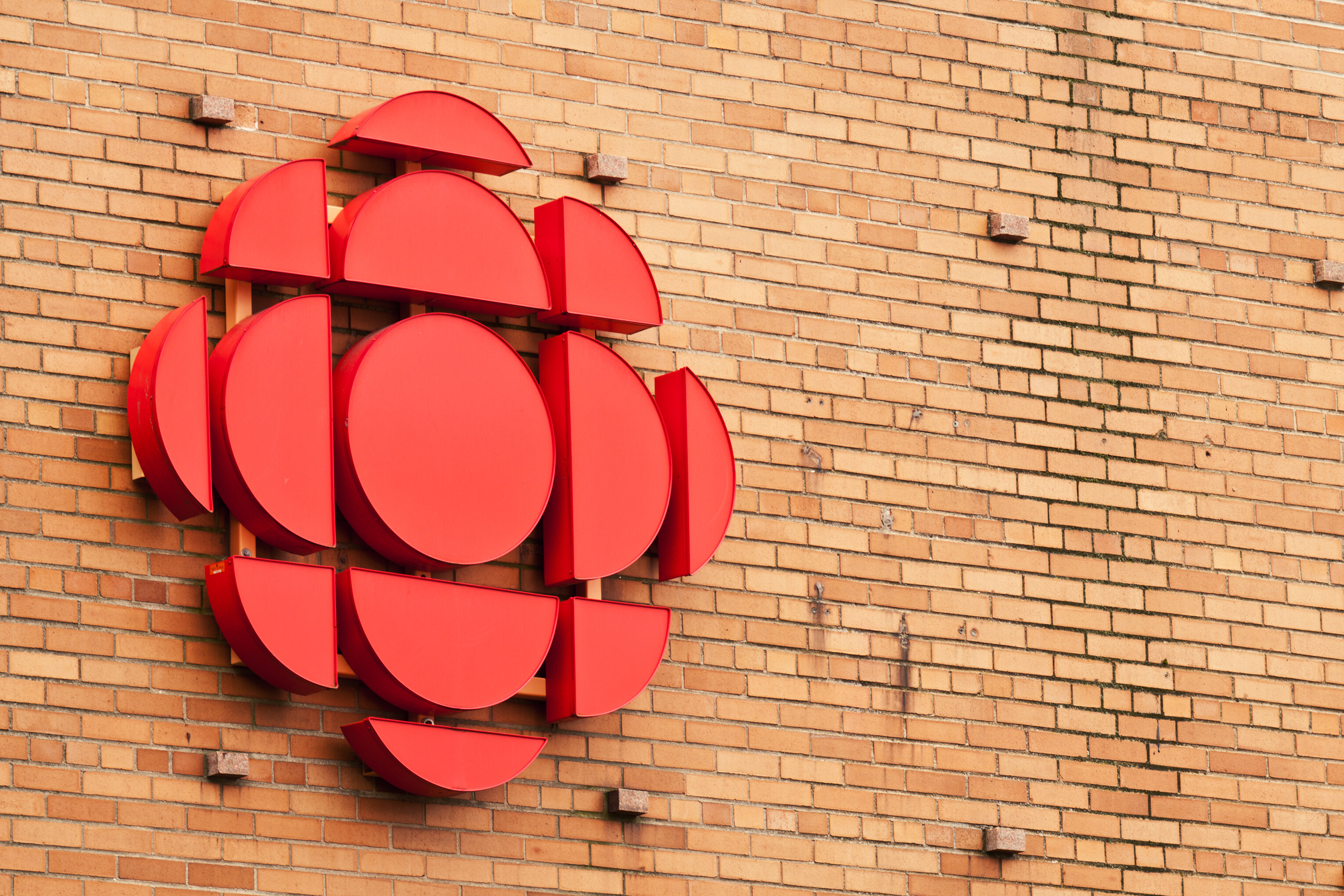ANALYSIS
Why Meta fact-checking cuts highlights vital role of public media
10 January 2025
The cuts to fact-checking operations in favour of community notes is deeply concerning and highlights the need to better support the critical role public media play in debunking falsehoods and disseminating trustworthy news and information.

What happened
Meta’s decision to end its fact-checking operations on its platforms, including Facebook and Instagram, has worried some experts, who have said it will “turbocharge” the spread of misinformation and hate speech.
In a video posted by the company on Tuesday, chief executive Mark Zuckerberg said third-party moderators were “too politically biased” and it was “time to get back to our roots around free expression”.
Read more: One year after Meta’s news ban: What’s the outcome?
The move comes as Zuckerberg and other tech executives seek to improve relations with US President-elect Donald Trump before he takes office later this month.
It will first be implemented in the United States, where it was welcomed by Trump, who told a news conference that he was impressed.
Zuckerberg blamed the company’s fact-checking partners for some of Facebook’s moderation issues, saying in a video that “fact-checkers have been too politically biased” and have “destroyed more trust than they created.”
Reaction
Fact-checking groups that worked with Meta have taken issue with that assertion, saying Meta ultimately decided how to respond to fact-checks. The chief executive of the group Factcheck.org, Lori Robertson, said in a blog post that “we did not, and could not, remove content.”
“Fact-checking is public service journalism, and we’re more convinced than ever that it’s needed in an increasingly busy and confusing political messaging landscape,” Robertson said.
Subscribe toour newsletter
Keep updated with the latest public
media news from around the world
The move by Meta emulates X, which stopped using employees to fact-check posts in 2022, instead relying heavily on users to police its site through a programme called Community Notes. YouTube has also begun testing a similar feature, although it uses third-party evaluators to determine whether the notes are helpful.
MediaWise, a media literacy programme at the Poynter Institute, found in July that only about 6 percent of the drafted Community Notes on X posts about immigration became public. Community notes have also added fact-checking labels to X posts that turned out to be wrong. During hurricane season, for example, Community Notes participants incorrectly labelled storm forecasts as inaccurate.
PMA’s view
The retreat of social media giants from ensuring accurate content on their platforms only goes to highlight the necessity of freely available, credible, trusted, independent, and well-resourced public service media, who professionally and fearlessly sort fact from fiction.
Moves by platforms to remove vital factchecking capabilities sends a signal that the truth doesn’t matter, that falsehoods and propaganda can be disseminated to avoid scrutiny. Legitimate fact-checkers are highly trained, able to scrutinise and verify all sorts of claims, understand their context, and present them in a balanced and impartial manner. They are also an integral part of the first line of defence in tackling the scourge of mis- and disinformation, that can perpetuate hate speech and other online harms.
While community notes has been partially successful, entirely outsourcing fact-checking to the user-base neglects these companies’ responsibilities as platform-owners and operators, to ensure their digital spaces are safe and places where trusted and accurate information can be disseminated, and falsehoods are professionally debunked.
There is clear evidence that factchecking has an impact, and this move adds weight to arguments for regulation to ensure such fact-based content is featured prominently, funded adequately, and made universally accessible. But importantly, this decision also adds weight to calls for adequate and sustainable funding for independent public service media whose role in verification has not only become more difficult, but needed more than ever.
Related Posts
23rd August 2023
Meta urged to restore news for wildfire-affected communities
CBC/Radio-Canada has called on Meta to…

